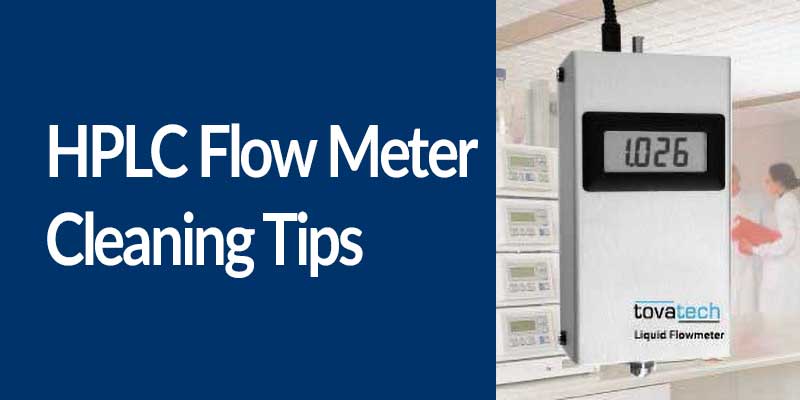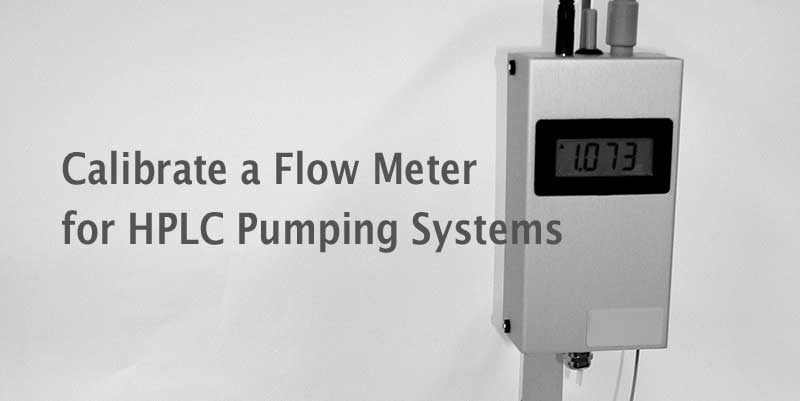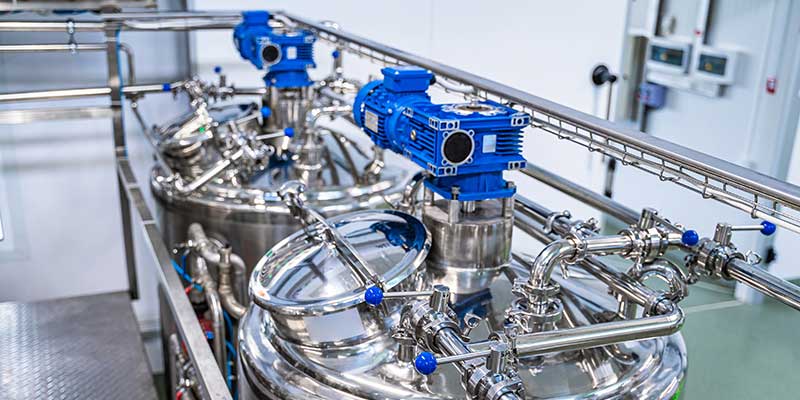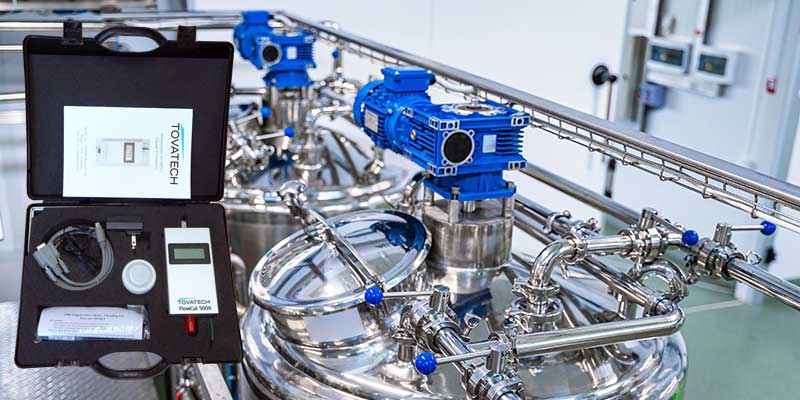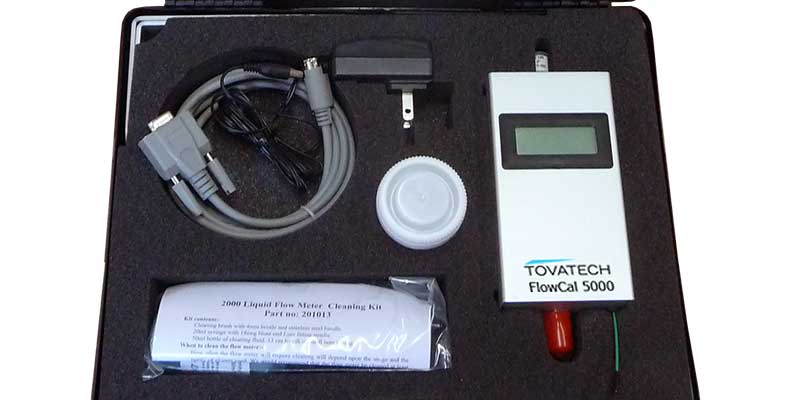HPLC Flow Meter
HPLC Flow Meter Cleaning Tips
Flow Meter Calibration for HPLC Pumping Systems
First of all, our HPLC flow meters are shipped factory calibrated along with an accompanying calibration certificate for a flow rate of 1.0 ml/min plus additional flow rates requested by the customer. The calibration certificate certifies that the displayed flow rate is within ±1% of the actual flow rate at each calibration point.
IQ, OQ, PQ Examples for Analytical Instruments
Analytical instruments confirm processing equipment used in the pharmaceutical, food and other industries meet standards set by the FDA, the Code of Federal Regulations Title 21 and other regulatory bodies. Standards apply from the very beginning with design qualification. At the customer location equipment is validated and verified via initial and ongoing tests described in…
Digital HPLC Flowmeters – An Overview
What you’ll learn in this digital HPLC flowmeters overview: Flow meters come in many sizes and find application in a wide range of industries. As examples they meter gasoline pumped into your car and fuel oil into your heating system’s tank. But instead of metering in gallons (for example) digital HPLC Flowmeters measure small flow…
How a HPLC Digital Flow Meter Works
How to Check Pump System Accuracy for HPLC Analysis
Pump system accuracy is crucial for equipment used to conduct high performance liquid chromatography (HPLC) analysis in the pharmaceutical and other industries subject to regulatory oversight by the FDA and similar authorities. Among functions performed by HPLC are included checks for purity, monitoring changes in pharmaceutical intermediates during chemical synthesis scale-up, stability and dissolution tests,…

